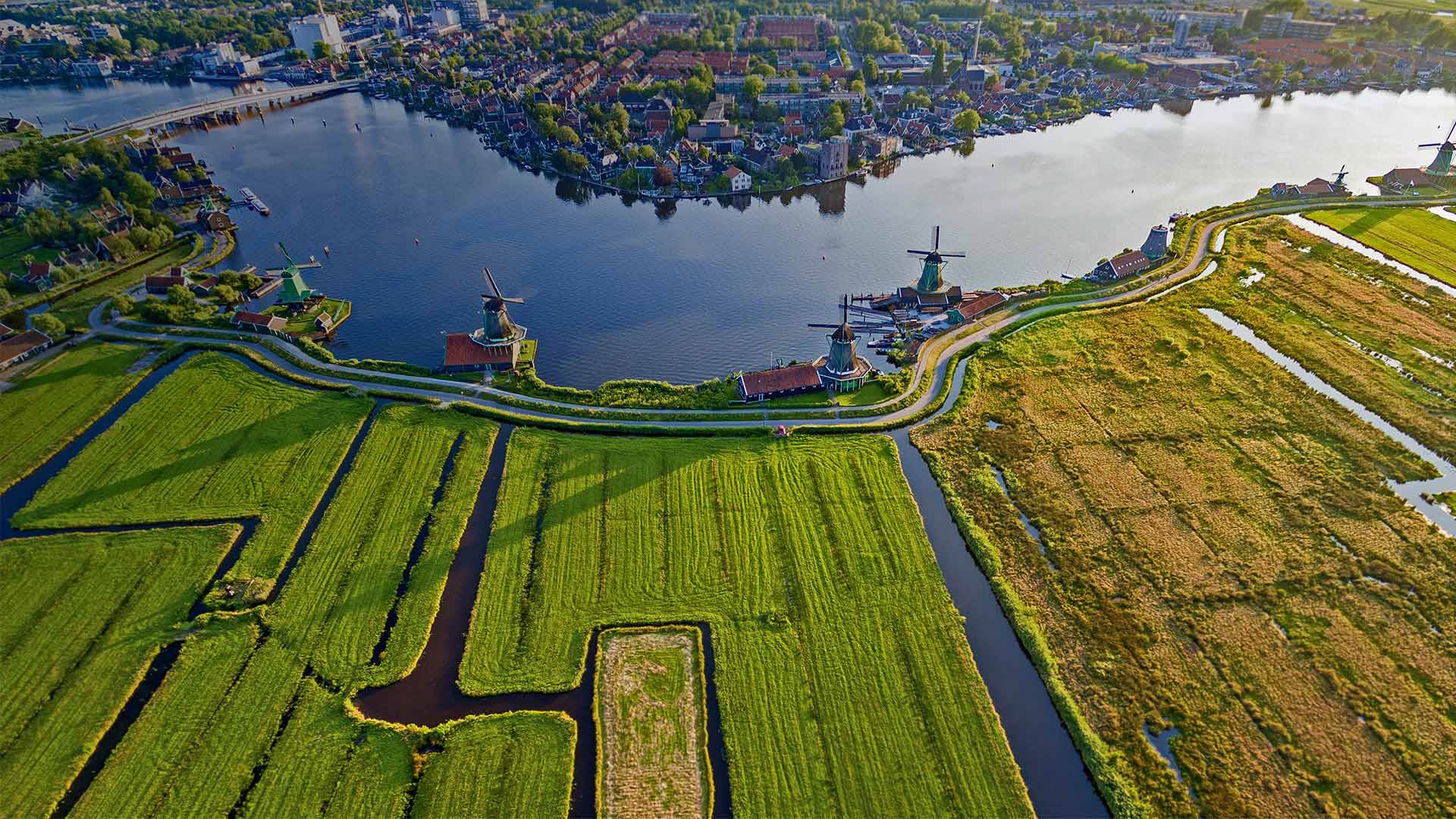Waste management is a critical issue that affects our environment, our health, and our quality of life. When waste is not properly managed, it can lead to a host of problems, including pollution, habitat destruction, and even harm to human health. One of the most devastating effects of improper waste management is the pollution of our oceans.
Every year, millions of tons of waste end up in landfills around the world. This waste includes everything from plastic bottles and bags to electronic devices and household chemicals. Much of this waste is not properly disposed of or recycled, and it often ends up in our oceans.
Once in the ocean, this waste can have devastating effects on marine life. Plastic waste, in particular, poses a serious threat to marine animals. Many marine animals mistake plastic for food and ingest it, leading to illness and death. In addition, plastic waste can entangle marine life, such as sea turtles and seabirds, causing injury and even death.
Chemicals and other toxins that make their way into the ocean can also have harmful effects on marine life. These pollutants can contaminate the food chain, leading to health problems for marine animals and potentially for humans who consume seafood.
In addition to harming marine life, waste in our oceans can also have negative effects on coastal communities. Beaches littered with trash are not only unsightly, but they can also deter tourists and harm local economies that rely on tourism. In addition, contaminated water can make swimming, surfing, and other recreational activities unsafe.
Efforts are being made around the world to address the issue of waste management and ocean pollution. Countries and organizations are implementing recycling programs, banning single-use plastics, and working to clean up plastic waste from beaches and oceans. However, more needs to be done to prevent waste from entering our oceans in the first place.
Individuals can also play a role in reducing waste and protecting our oceans. By reducing, reusing, and recycling, we can help prevent waste from ending up in landfills and oceans. Choosing reusable products, avoiding single-use plastics, and properly disposing of hazardous waste can all make a difference in reducing the amount of waste that pollutes our oceans.
From landfills to oceans, the devastating effects of improper waste management are clear. It is essential that we all take responsibility for our waste and work together to protect our environment and the marine life that calls our oceans home. By making small changes in our daily lives, we can make a big impact in reducing waste and protecting our oceans for future generations.






